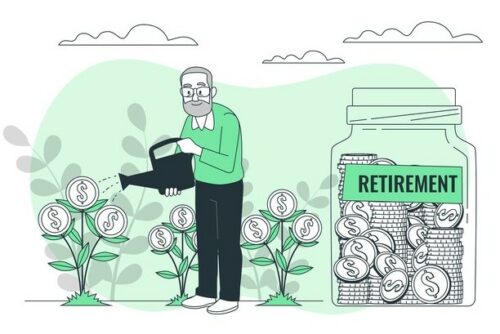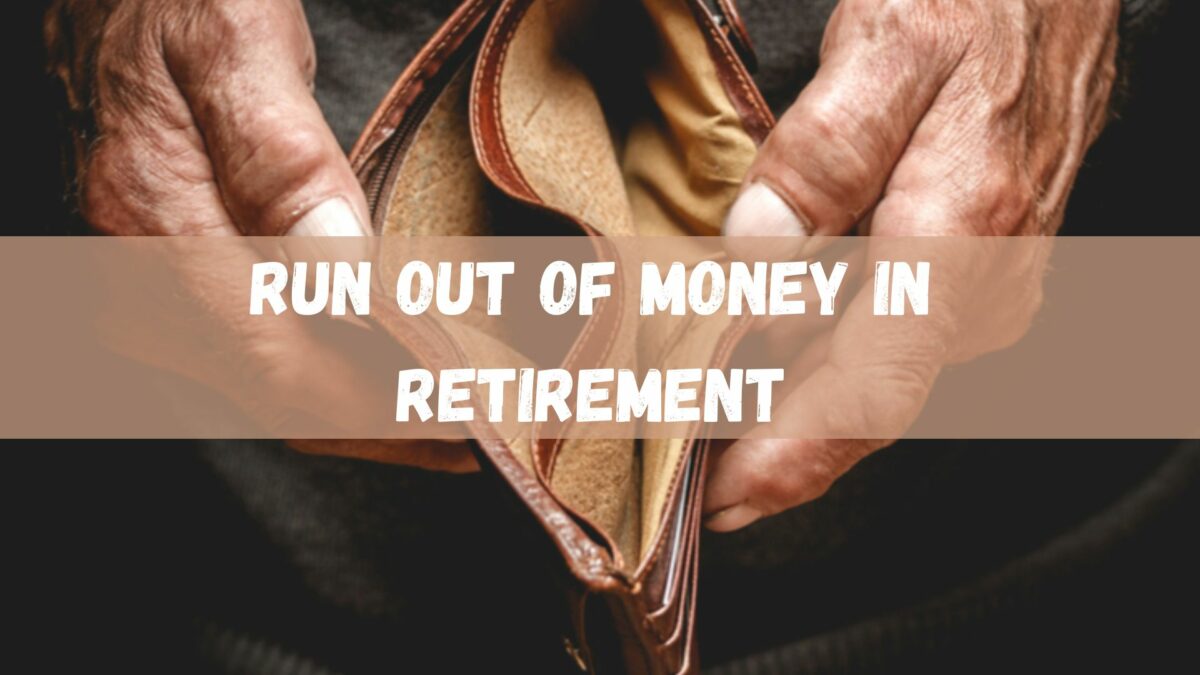If you’re planning only to make money and nothing else, you’ll be broke.
–Haile Gebrselassie
About a year before we pulled the plug and truly semi-retired (I’m still on a few boards, which means that I have to be somewhat on call and plugged in), I went through an exercise with my wife outlining a series of what if questions.
Most of these questions revolved around a simple premise:
What if we’re wrong about our projections?
Given that we’ve achieved PIRE rather than the traditional FIRE (financially independent retire early), there are some modeling gymnastics to get from a typical safe withdrawal rate and decumulation strategy to our passive income streams. We know what our rental properties rent for and what the typical expenses are, as well as our historical vacancy rates with our property manager, so we feel like we’re pretty well set to maintain our lifestyle, but, as anyone who isn’t Bill Gates rich or has a guaranteed pension with income well in excess of their expenses feels, there’s always a moment of breath holding before taking the jump. I know I had many clients who were in great shape financially who still were hesitant to pull the plug and were caught up in the one more year syndrome. We were experiencing the same jitters that lots of people go through before making the leap. After all, the longer we stay away from work, the harder it will be to go back to work. My wife had a job with the people with whom she’d been working for 18 years, and I was one of the founders of my private equity firm, so had we wanted, we could have kept on working. Walking away from high certainty employment is difficult, as, if we were (/are?) wrong, then it’s tough to get back to the place where we were.
So, understandably, I needed to address my wife’s jitters about actually quitting work. She wanted to give her employer a year’s notice, and I wanted to do the same to give my partner time to find a replacement. But, before she was going to be comfortable informing her employer of her pending departure, she wanted to make sure that we actually had a plan for what life would be like once we no longer had employment-based income.
Her line of questioning was similar to ones that many people have which keep them locked in the one more year syndrome.
Will I Run Out of Money in Retirement

Assuming that you’ve done the requisite amount of proper financial planning, and you’re either at PIRE or you’re using the appropriate safe withdrawal rates, then chances are pretty slim that you’re going to run out of money when you retire.
There’s no guarantee that you will not run out of money when you retire. But, absent the nuclear war types of scenarios, let’s look at why you might run out of money:
- You did not actually estimate your expenses properly. When I was learning computer programming, there was an acronym called GIGO: garbage in, garbage out. A financial planner can only go with the information provided, so if you tell that planner that your spending is going to be $X per year in retirement, and you actually spend $3X per year, then your plan is likely not to work.
- You took an acceptable risk, and that risk wound up hitting you very hard. The most salient example that comes to mind is being underinsured with health insurance, having a very expensive but not fatal health condition early in retirement, and surviving it. If you had to get extremely expensive treatments and continually went through your health insurance limits, leaving you with a large out of pocket bill, then it’s possible that you could run out of money. That’s a terrible tail-end scenario, but not impossible to imagine.
- You did not adjust your behaviors. This will segue into why I think most retirees won’t run out of money. More below.
Barring an unforeseen catastrophe or a horrible miscalculation of your true expenses in retirement, there is one truly salient reason why you are not going to run out of money in retirement:
You Won’t Go Broke Overnight

Again, I make some assumptions here, namely that a) you have saved enough to have a safe withdrawal rate, and b) that you are making proper investments so that a sudden drop in the markets won’t send your portfolio value spiraling down to zero when markets open the next morning.
For example, let’s assume that you agreed with the line of thinking that the safe withdrawal rate is actually too conservative, and that you could save up less before you retired. That’s not an unreasonable conclusion to draw. When I worked with clients, I told them that I would approve of a spending and withdrawal plan if my Monte Carlo simulations gave them an outcome that had them with more money than heartbeats 90% of the time. You may be taking more risk than most, but still an acceptable and thought out level of risk in determining when to retire.
But, if you’re investing in an appropriately diversified portfolio with reasonable asset allocation, then you’re not going to wake up broke the next morning. The largest one day percentage drop (which is more important than the absolute amount drop) in the S&P 500 was the 9.04% loss on October 15, 2008. So, even if your investments were all in a S&P 500 ETF (they shouldn’t be, but stick with me), then, if you experienced that size loss, you’d still have 90.96% of your net worth on the morning of October 16, 2008. The two largest one-year drops were 1931 (-47.07%) and 1937 (-38.59%), and Bengen’s research shows that people who were retired during that period, if using safe withdrawal rates, still did not run out of money.
Let’s pretend that you’ve just retired, and 1931 levels of stock market performance come rolling around again. Again, proper asset allocation will help ameliorate the pain, but, let’s keep going through this thought exercise.
Let’s also assume that you’re 100% invested in the S&P 500. So, after this horrific repeat year, your net worth is something less than 52.93% of what it was the previous year, since, after all, you still have to pay for your costs of living.
What are you going to do? Go broke?
Probably not.
Instead you’ll probably:
- Tighten up the belt and spend less
- Get a job to produce more income
- Move somewhere where the cost of living is cheaper
Furthermore, it’s highly improbable that you will go an entire year without noticing that your nest egg is shrinking. You’ll probably, even if subconsciously, start to dial back on your lifestyle and spending, or you’ll start looking at ways to make income before facing that type of abyss.
When my wife and I went through the “what if we’re wrong” exercise, I outlined several different fallback actions we could take, from line items we could reduce in our budget to moving into one of our real estate investments before “go get a jobby job” was on the table. Going through that discussion was an extremely useful exercise to reinforce that we were not going to run out of money in retirement. If you go through a similar level of retirement planning and preparation and go through regular assessments of your financial state in retirement, then it is highly likely that you will not run out of money in retirement.
Author Profile
- John Davis is a nationally recognized expert on credit reporting, credit scoring, and identity theft. He has written four books about his expertise in the field and has been featured extensively in numerous media outlets such as The Wall Street Journal, The Washington Post, CNN, CBS News, CNBC, Fox Business, and many more. With over 20 years of experience helping consumers understand their credit and identity protection rights, John is passionate about empowering people to take control of their finances. He works with financial institutions to develop consumer-friendly policies that promote financial literacy and responsible borrowing habits.
Latest entries
 Low Income GrantsSeptember 25, 2023How to Get a Free Government Phone: A Step-by-Step Guide
Low Income GrantsSeptember 25, 2023How to Get a Free Government Phone: A Step-by-Step Guide Low Income GrantsSeptember 25, 2023Dental Charities That Help With Dental Costs
Low Income GrantsSeptember 25, 2023Dental Charities That Help With Dental Costs Low Income GrantsSeptember 25, 2023Low-Cost Hearing Aids for Seniors: A Comprehensive Guide
Low Income GrantsSeptember 25, 2023Low-Cost Hearing Aids for Seniors: A Comprehensive Guide Low Income GrantsSeptember 25, 2023Second Chance Apartments that Accept Evictions: A Comprehensive Guide
Low Income GrantsSeptember 25, 2023Second Chance Apartments that Accept Evictions: A Comprehensive Guide

